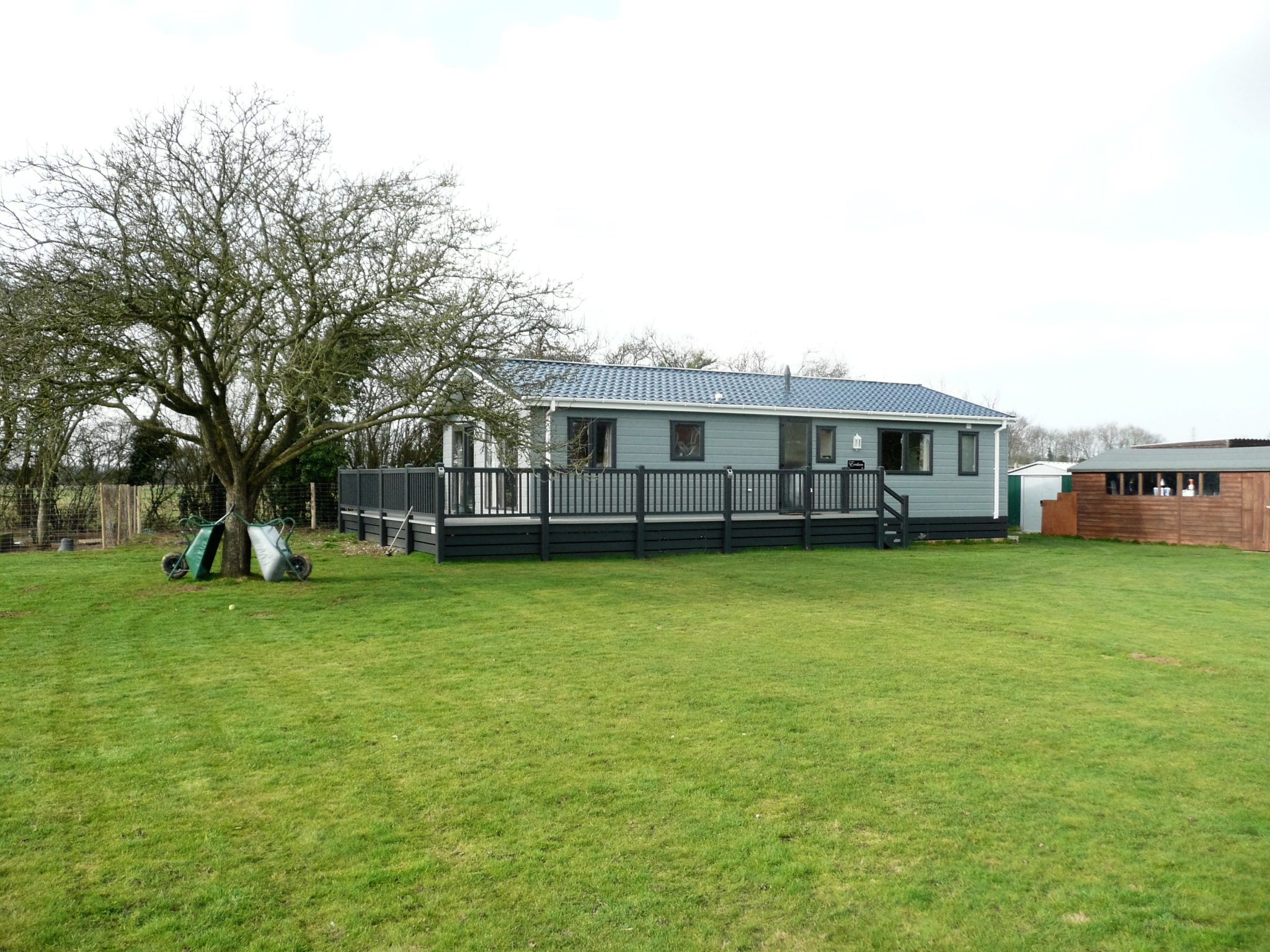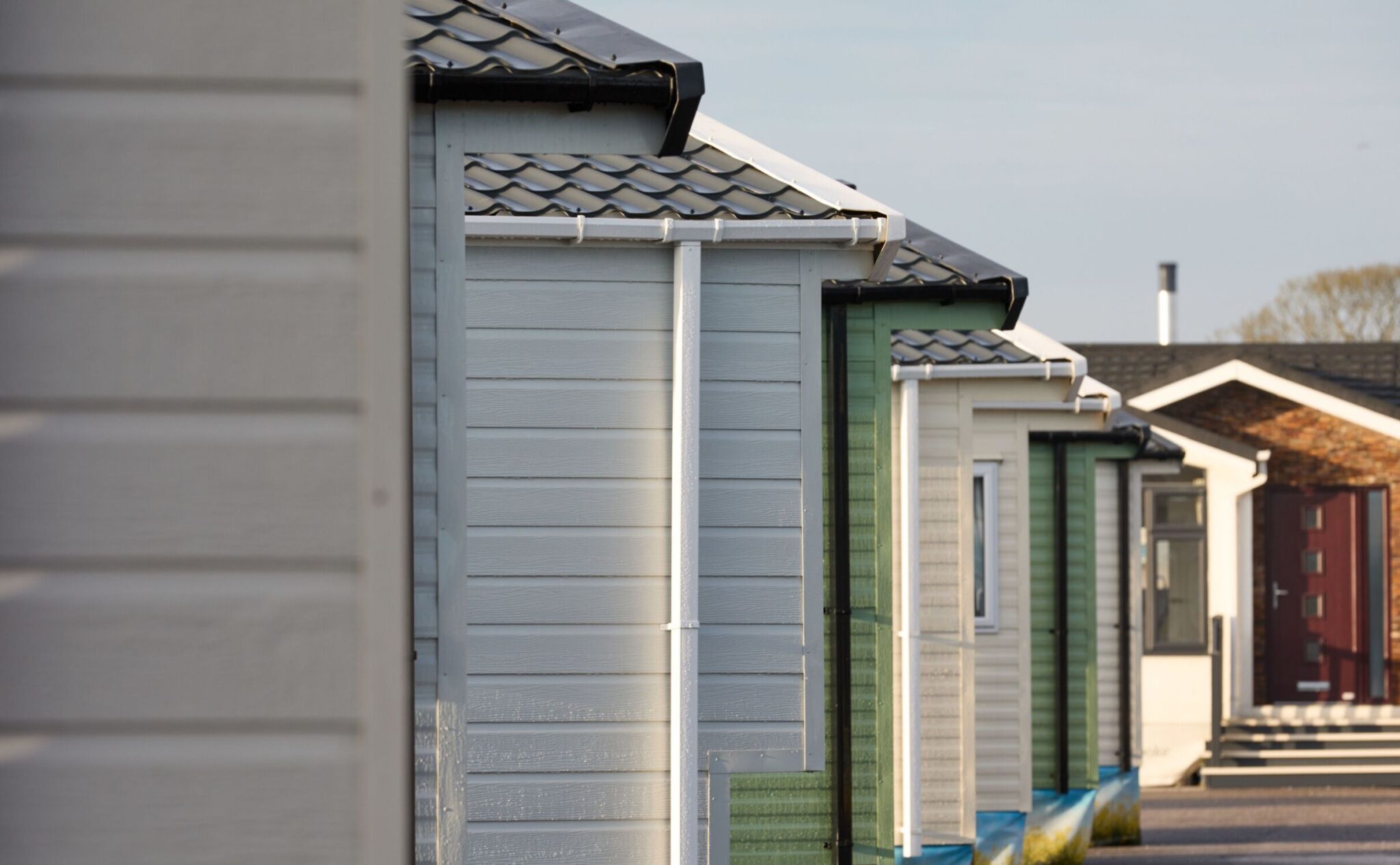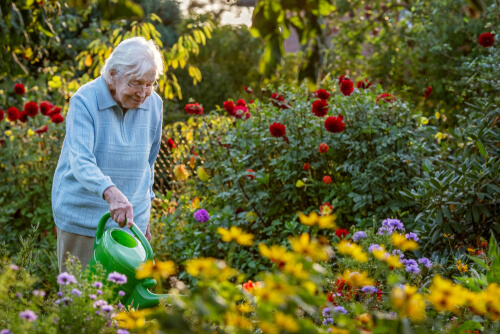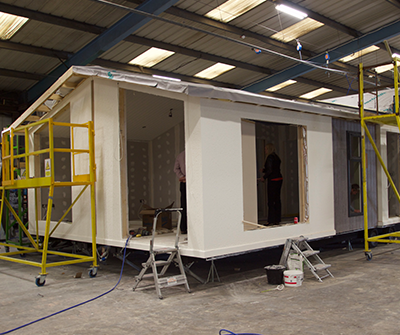On average, a static caravan lasts for around thirty years +, however, there are a number of factors that can extend your caravan’s life. The overall quality of your static caravan will play a huge role in its lifespan, as well as how well it is looked after. If you’re wondering, what is the life expectancy of a static caravan? Then take a look at our blog and discover how to keep your static caravan looking its best for longer.
What is the lifespan of a static caravan?
The average lifespan of a static caravan all depends on how well you look after it. If you regularly clean and maintain your caravan, you can expect it to last for decades. Whether you’ve got your caravan stored on a holiday park or on your own land, regular TLC and maintenance will go a long way to improving its lifespan.
It’s worth noting that the average depreciation rate of a static is like that of a car. So if you’re buying a brand new caravan, as soon as you receive it a large percentage of its value is gone. No matter how well you look after it over the years, you can expect to sell for notably less than you paid for it brand new.
Used static caravans make a great investment as they tend to go down in value slower than a brand new one. So if you’re looking to upgrade, you can trade in your current used caravan for a newer, but still used, model and enjoy an excellent price.
Top tips to help extend the life expectancy of a static caravan
The real question when regarding the lifespan of your caravan should be, how long do static caravans last with regular maintenance? Caravan owners can extend their static home lifespan, so long as they perform the proper maintenance and upkeep. Here are a few things that can greatly improve your static caravan’s lifespan:
Galvanise the chassis
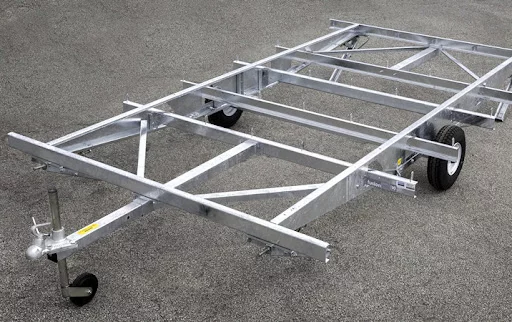
The chassis is one of the most important parts of your static caravan, as it supports everything above it. A fully galvanised chassis will reduce the threat of rust and corrosion. Static caravans that are sited privately or in holiday parks near the sea without a galvanised chassis are more likely to deteriorate quicker due to the salty wind and salty sea air. If you’re in a holiday park, check with the park owner whether the chassis is galvanised or not.
If you are by the sea, the extra protection a galvanised chassis gives can be absolutely vital to the lifespan of your static caravan and running maintenance costs.
Maintain the flooring, roof and gutters
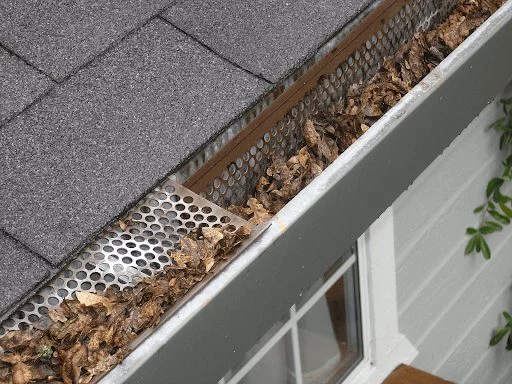
Failure to maintain the flooring, roof and gutters of your caravan will result in numerous issues down the road. It’s important that you ensure they are each in good condition all year round.
Your static caravan floor will wear down over time, and the roof may develop cracks or leaks, particularly those with a skylight, as these are plastic and often affected by the sun’s UV and harsh weather. Skylights, windows and doors with rubber seals are more susceptible to these damages as they are more exposed to the outside elements. Ensure you regularly clean and maintain these areas to prevent costly damage.
Water can come in through broken seals and can ruin the inside of your static caravan, so always ensure that they are all watertight to stop water pooling into your caravan and causing irreversible water damage.
It’s also important that you keep your gutters clean, as a blocked gutter creates an ideal point for water to breach the caravan’s structure. This water will quickly cause damage to the timber construction of the caravan. By regularly cleaning them you can eliminate these problems from occurring in the future.
Winterise your static caravan
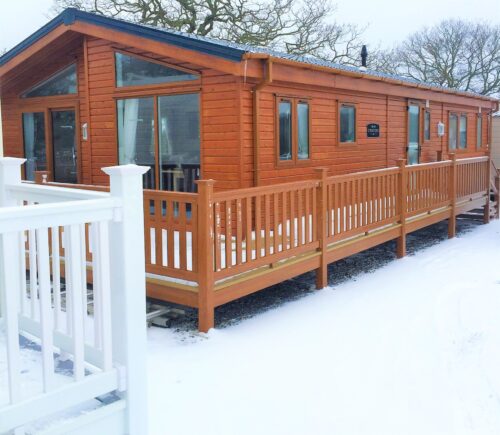
Buying a “Winterised” caravan will add to longevity as double glazed windows are far less prone to water condensing on the glass in cold weather. Water and water vapour left unchecked in a caravan is a serious issue. It can lead to excessive damp, mildew and a rotten structure. Outside of fire, water ingress is the fastest destroyer of a caravan and far more common than fire damage.
Discover how to keep your caravan safe during winter
If you’re using your caravan as a holiday home during the summer months, draining the water system while your caravan is not in use will keep the pipes from freezing and bursting. Also, make sure all of the pipes under the caravan are properly lagged.
Ventilation
Ventilation is key, not only for your caravan’s health but for your own too. If your caravan isn’t properly ventilated, it can become a hub for mould and mildew. This can ruin any soft furnishings and make the caravan smell damp, which can be dangerous to those with breathing issues.
Proper water maintenance
Keeping an eye on your caravan’s water maintenance is also highly important. Ensure that you regularly check for any issues with your water and plumbing, for example, leaking pipes. Water damage is one of the leading causes of deterioration in static caravans, so always ensure you keep your static caravan safe from any leaks.
For those that use their caravan as a holiday home, ensuring that you drain the water supply before you store your holiday home away for the season is vital, this is called ‘draining down’. If you leave the water in the system throughout the time it is not in use, it can become stagnant. Furthermore, if you leave water in the caravan’s system over the winter then you run the risk of it freezing inside the pipes.
Gas and appliances
When your caravan is not in use, make sure to turn off all gas bottles and appliances. Although this sounds like a simple thing to do, if you leave them on you risk the chance of a gas leak.


